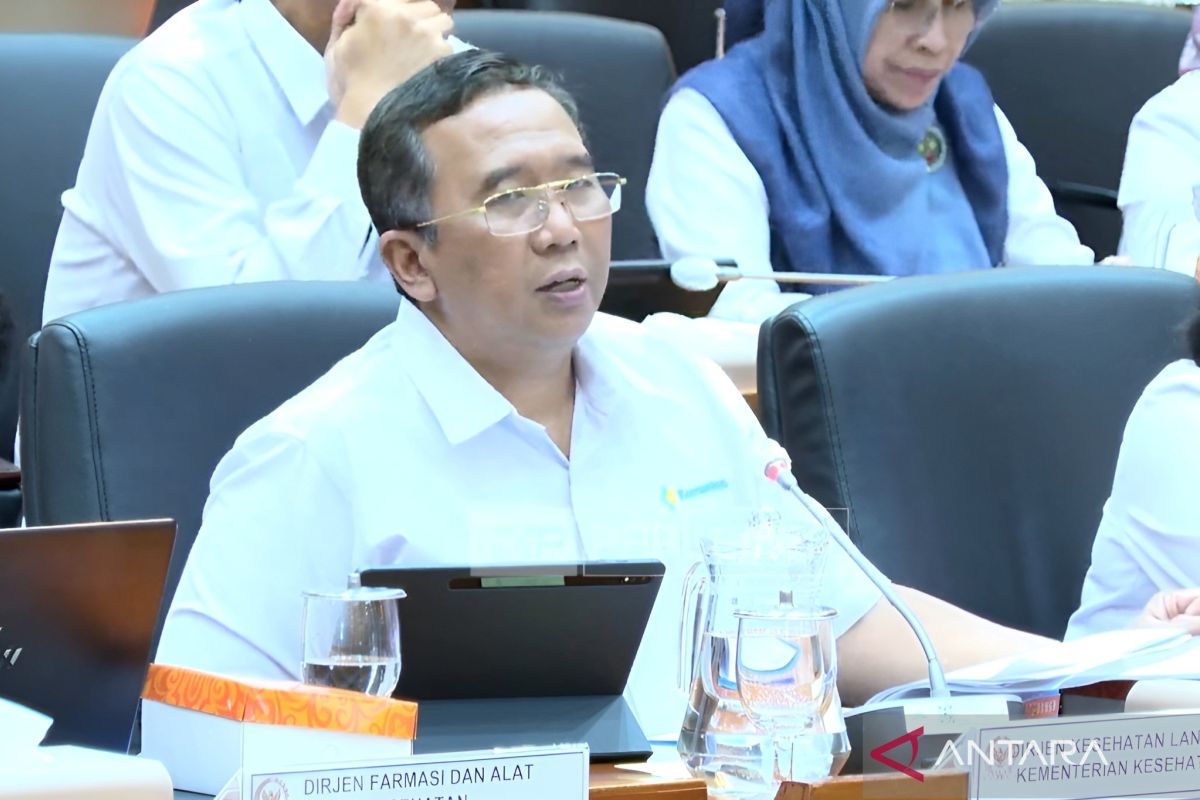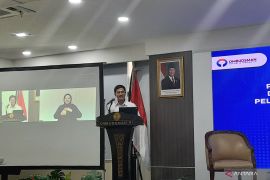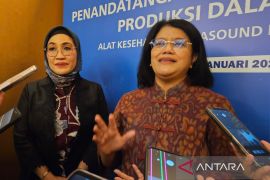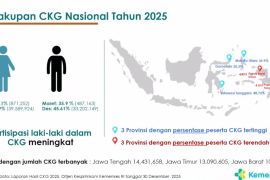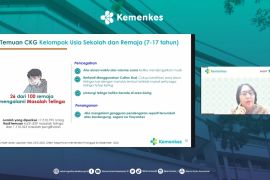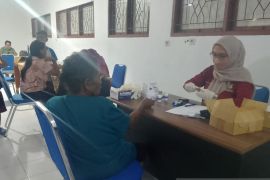"Currently, we divide the hospital grade with D, C, B, and the highest level A. In the future, referrals will be competency-based. Patients will be referred according to their needs, not necessarily tiered," the ministry's Director General of Advanced Health Services, Azhar Jaya, said in a meeting with Commission IX of the Indonesian House of Representatives (DPR RI), on Thursday.
According to him, the referral network management program aims to improve the competency of priority disease services at each hospital.
Currently, the ministry classifies health services into four competencies: basic (community health centers), intermediate hospitals (RS Madya), advanced hospitals (RS Utama), and superior hospitals (RS Paripurna).
"This improved referral system is based on criteria with medical indications or disease severity as determined by medical personnel in accordance with statutory regulations. This means that Primary Health Facilities (FKTP) can refer patients to other health centers or to Intermediate, Advanced, and/or Superior hospitals," Jaya explained.
He noted that the improved referral system is expected to reduce treatment costs.
“If referrals are made according to the patient’s medical condition, we can reduce costs more efficiently. After a patient is referred, we expect the treatment to proceed without needing another referral,” he said.
Currently, there are five priority diseases in hospitals, as directed by the Minister of Health, namely heart disease, stroke, cancer, kidney disease, and maternal and child health.
Jaya also outlined the ministry's network of care program achievements, noting that by 2025, 73 districts and cities will have chemotherapy facilities.
Furthermore, 112 districts/cities are equipped with cardiac catheterization services this year, while 10 hospitals are capable of providing kidney transplants.
The number of districts/cities with Neonatal Intensive Care Units (NICUs) is expected to amount to 368 by 2025, while 219 districts/cities are capable of providing thrombolysis (removing blood clots) for stroke.
Related news: Indonesia prepares health facilities as COVID-19 cases reemerge
Related news: Indonesia ensures health facilities operational during Eid holiday
Related news: Ensure free healthcare access to improve public nutrition: Minister
Translator: Resinta Sulistiyandari
Editor: Azis Kurmala
Copyright © ANTARA 2025
